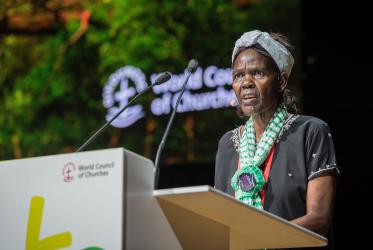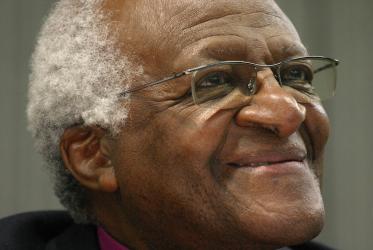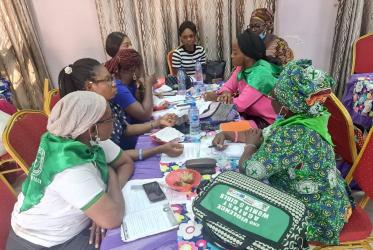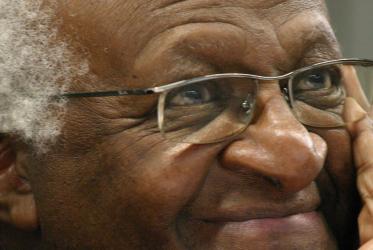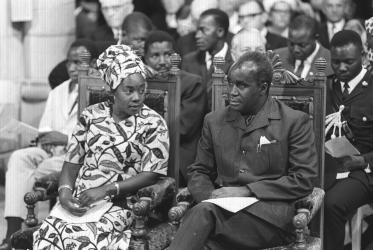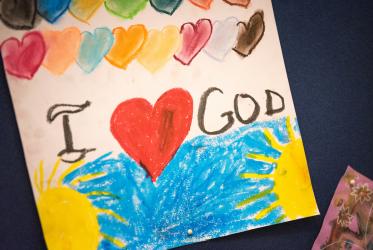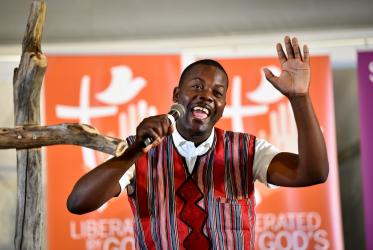Displaying 1 - 20 of 27
01 June 2023
Desmond Tutu turns 90 with an outpouring of love from the world
12 October 2021
WCC mourns passing of Hendrew Lusey-Gekawaku
23 October 2020
“Empower our pilgrimage through love”
07 November 2018
Churches celebrate reconciliations in Ethiopia, Eritrea
07 November 2018
Eritrean Orthodox Tewahdo Church hosts WCC delegation
03 October 2017
“It’s time to be brave, to form diverse partnerships”
02 March 2017
